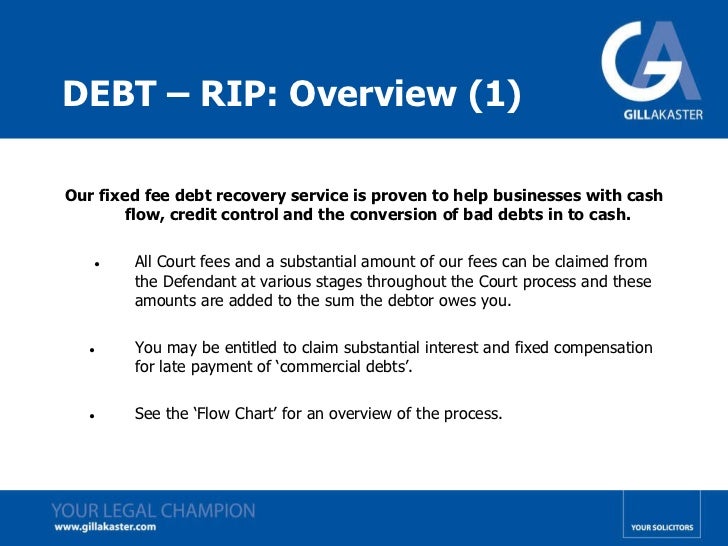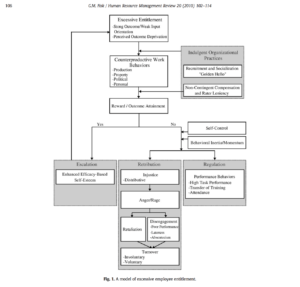


The court has also established Miranda rights, which require law enforcement officers to inform individuals of their right to remain silent and their right to an attorney before questioning them.
#Defendants are entitled to due process under trial#
The Supreme Court has established the principle that every defendant is entitled to legal counsel in criminal cases and the right to have a trial within a reasonable amount of time. be evaluated under due process rather than compulsory process analysis. The clause also extends to the protection of rights of the accused, such as the right to counsel and the right to a speedy trial. The Sixth Amendment guarantees a criminal defendant the right to have compulsory. Pursuant to this theory, the plaintiffs seek a holding that the defendants owe them a duty, under the due process clause, to protect them from unsafe. The purpose of the Due Process Clause is to ensure that the government does not act arbitrarily or unjustly, and that individual rights are protected against government infringement. The courts use various tests and standards, such as the "clear and present danger" test, to strike a balance between the state's power to regulate and the individual's rights and liberties. The traditional definition of 'due process' is that the government cannot take away life, liberty, or property from any person without a legal proceeding. Trump’s travel ban applies to non-US citizens, primarily to refugees from the Bush/Obama bombings of numerous Muslim countries. It requires the government to follow fair and just procedures when it takes away a person's life, liberty, or property. The Constitution contains two due process clauses: a clause in the Fifth Amendment that applies to the federal government and a clause in the Fourteenth Amendment that applies to the states. T he US Constitution applies to US citizens, and the amendments known as the Bill of Rights guarantee due process as a protection of US citizens’ civil liberties. The Due Process Clause of the Fourteenth Amendment provides a constitutional basis for the protection of individual rights against government intrusion. 501): Embodied in the due process concept are the basic rights of a defendant in criminal proceedings and the requisites for a fair trial. The courts have held the due process clauses of the Fifth and Fourteenth Amendments also ensure that you will not be convicted of a crime unless the prosecutor proves that you are guilty 'beyond a reasonable doubt.' This high burden of proof in criminal cases is closely related to the presumption of innocence, ensuring you receive a fair trial.


 0 kommentar(er)
0 kommentar(er)
